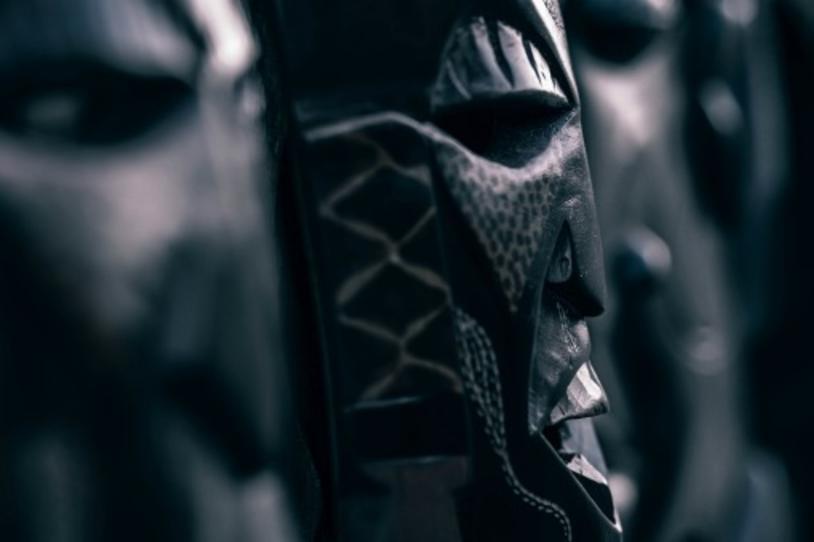
Guest blogger Cheryl Kingston of Los Angeles, California has lived with Parkinson's for 23 years and uses humor and creative writing to share her personal experiences.
My teenage son may have unwittingly diagnosed my Parkinson's years before my neurologist's more comprehensive trial-and-error test confirmed it.
My son's frequent comments on my expressionless appearance were unsettling, "Your face is scaring me; you look so mean."
Some years later I realized that many who live with Parkinson's disease (PD) have a mask-like visage, intense with a sense of being fixated, immobilized, stuck. Yet most people associate this degenerative neurological condition with a slowness of movement, a shaking in the hand and imbalance. Those unfamiliar with PD are unaware of the symptomatic facial mask, the guise that ironically allows us to explore and experiment with our identity as people with Parkinson's by limiting our expressions.
Today's menu of Parkinson's medications can minimize the movement disorder's impact. Those of us afflicted may try to camouflage or "mask" these disquieting physical eruptions and loss of muscle control. A recent incident with a friend was a graphic example of a physical mishap.
Leaving a PD support group, my friend Richard fell to his knees on the sidewalk. Several bystanders rushed over to help him up, but they soon were astonished as he shouted, "Let me be! I have Parkinson's and this will pass within three minutes."
True to his word, Richard recovered as he stumbled into Starbucks with a tightened grip on a nearby stool. Spectators gawked and I gasped, admittedly fearful that I too am that vulnerable. My arsenal of drugs and rehab rituals is thinning after 24 years of masking Parkinson's from public view as best I can.
Having companionship with other Parkinson's friends, like Richard, presents an emotionally difficult issue. The myriad of PD stages is staggering and it is human nature to compare symptoms and progression across friendships. But in truth, we all mask how we feel even though we share the same destiny.
Many cultures and ethnicities have masks that are incorporated in spiritual rites of passage, cultural events and deity worship. But how does wearing a mask secure our anonymity and enable us to explore our alter ego? In my case, that alter ego was someone who didn't live with Parkinson's each day.
Parkinson's is seemingly the ultimate mask. In more ways than one.